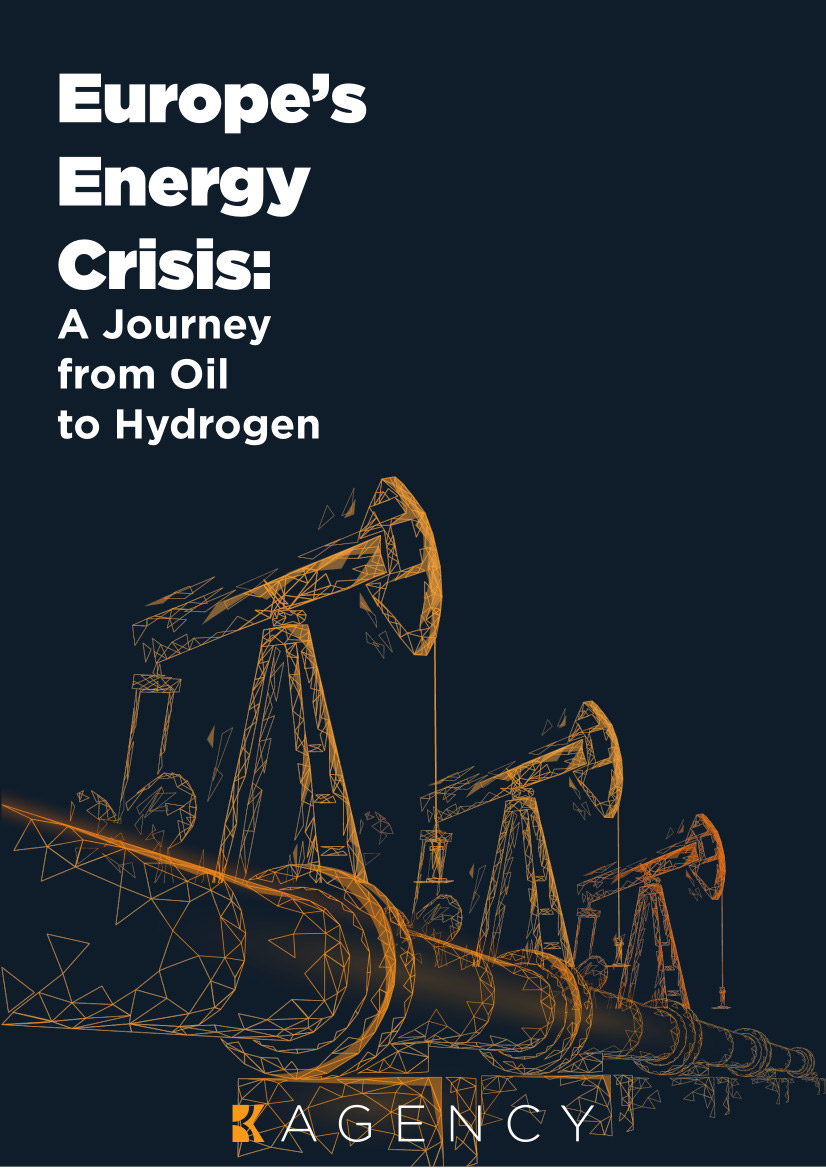The most significant increase in energy costs since the 1973 oil crisis has occurred during the last two years. The highest price rises since 2008 have been seen in fertilizers, which rely on natural gas as a production input, and food commodities, of which Russia and Ukraine are significant producers.
Energy is now contributing almost 3% to annual inflation in the Eurozone. Therefore, it would be naive to assume that energy costs have no bearing on the cost of many necessary goods and services. Almost all of the goods and services we use require energy in one way or another. For governments worldwide, it is highly challenging to execute a robust strategy for price controls because some of them are necessary and heavily dependent on energy.
In essence, governments simply have a few options to consider:
- Bearing the increasing costs by implementing internal policies (e.g., subsidies).
- Bearing the increasing costs by implementing external policies (e.g., political actions against aggressor agents).
- Reconsidering alternative hybrid options.
You can find an answer to these policy suggestions in this research file. Focusing on Europe, this document will examine the connection between energy costs and inflation. The impact of the Russian invasion of Ukraine will then be discussed. Although it is impossible to distinguish between these effects in the intricate system of the commodity and financial markets, their effects on the energy markets can be examined independently (contrary to what large governments seem to argue).1
As the energy situation is not going away anytime soon, we will later offer you the two primary options for policymakers to go forward: sustainable options and green options. We shall present as much support for these alternatives’ claims as we can because they frequently rely substantially on sizable insurance policies. Finally, we will conclude our research effort with a few policy recommendations for those interested in policy, including both public and private agents. These should be simple to put into practice.
The explosion of energy prices in Europe constitutes the most significant strain on consumer purchasing power in decades. As a primary driver of inflation, European nations ponder the costs of implementing momentous and exclusionary foreign and energy policy decisions. In the long run, those decisions will shape Europe’s industrial and geopolitical future.
In its efforts to boost energy independence, the EU should incentivize regional cooperation through infrastructural integration. That said, interconnectedness does not mean centralized decision-making. The principle of subsidiarity is essential for member states to strive for the same goals while individualizing their energy policy approach. This avoids bloated malinvestments.
If Europe wants to make strategic energy autonomy the driver of a low-carbon transition, it must learn from its past mistakes and overcome current taboos. A sovereign European energy market is possible, yet much remains to be done to unlock this potential.
Nazlıcan Kanmaz
Research Director at B&K Agency
1. Biden blames Russia for gas prices as he presses Congress, states and oil companies. https://www.politico.com/news/2022/06/22/biden-russia-gas-prices-tax-00041486
